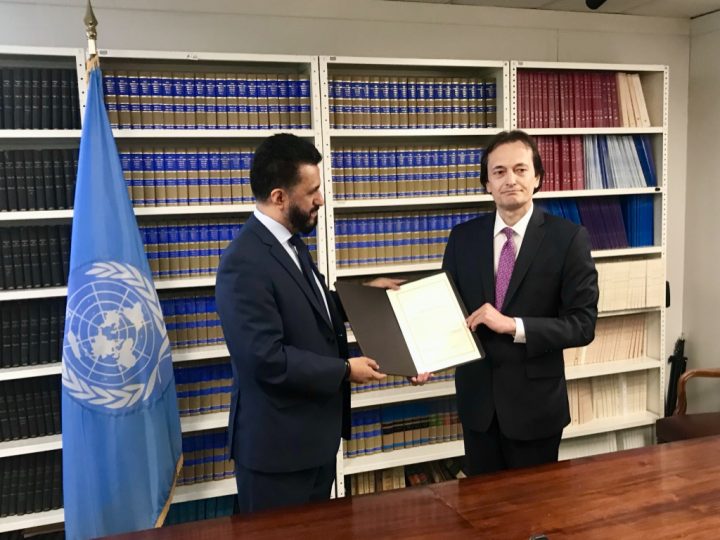The Treaty on the Prohibition of Nuclear Weapons, adopted in 2017, is now halfway towards entering into force. This important milestone was reached on 6 August, the anniversary of the US atomic bombing of Hiroshima, when Bolivia became the 25th nation to ratify the treaty. A total of 50 ratifications are needed for the treaty to become binding international law.
Latin American countries are leading the way in ratifying the treaty. Nine countries in the region have now ratified it — Bolivia, Costa Rica, Cuba, El Salvador, Mexico, Nicaragua, Panama, Uruguay and Venezuela — while the rest are signatories, with the exception of Argentina.
Later this year, Bolivia’s ambassador to the United Nations, Sacha Llorentty Solíz, will become chair of the First Committee of the UN General Assembly, a forum that deals with disarmament and international security. Bolivia’s ratification of this treaty shows that it takes disarmament seriously and is well qualified to perform this leadership role.
ICAN partner organization Bolivian Women’s Efforts welcomed the ratification, saying that it reflected Bolivia’s longstanding commitment to achieving a nuclear-weapon-free world. SEHLAC (Seguridad Humana en Latinoamérica y el Caribe), which is also part of ICAN, has been actively promoting adherence to the treaty across Latin America and the Caribbean.
The United Nations will convene a high-level ceremony in New York on 26 September at which several nations from different regions of the world are expected to sign and ratify the treaty. ICAN will continue to call on all leaders to join this treaty without delay, as nuclear weapons are not in any way a legitimate form of defence and have catastrophic humanitarian consequences.






